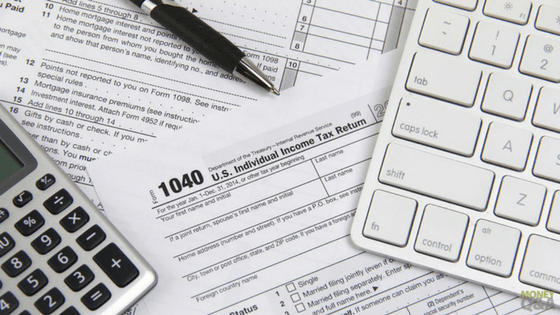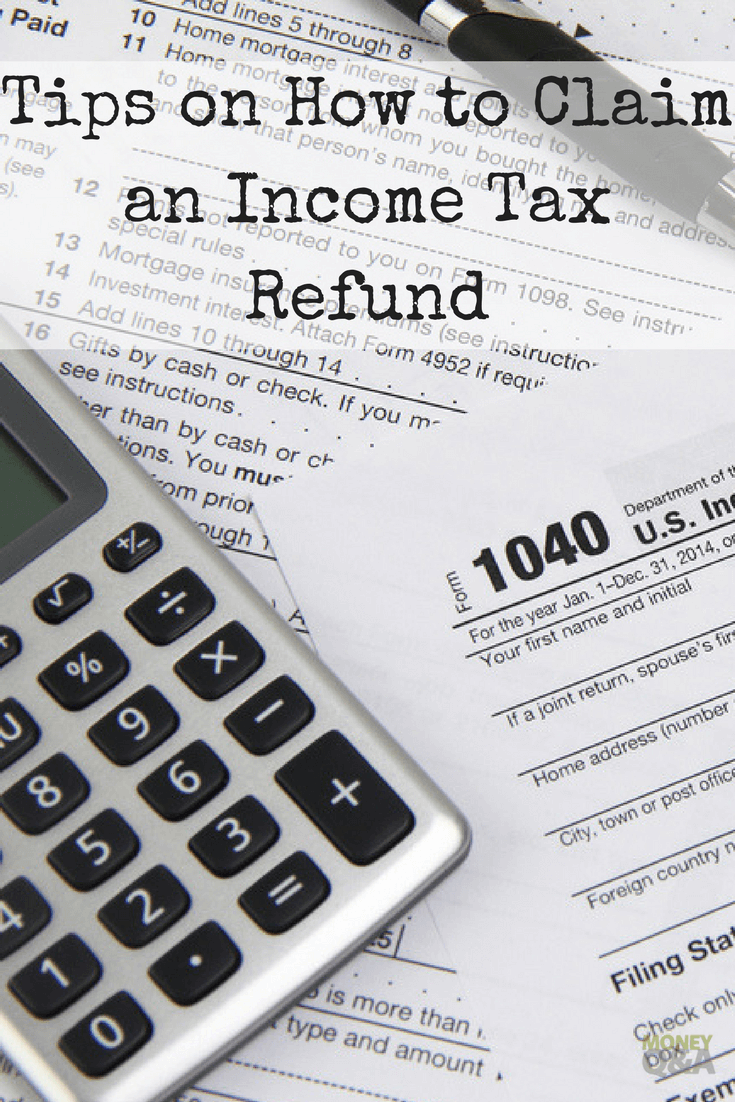When it comes to income taxes, many people experience confusion as it is not always an easy topic to understand. They don’t know how to claim an income tax refund. During the tax year, you may find that you have not paid enough income tax and that you, therefore, owe money to the government as a result of this.
However, it also works the other way. You are eligible to receive an income tax refund when you have paid more tax to the government than your actual tax liability. In this article, I will talk about the basics of claiming a tax refund if you have overpaid.
What you need to do if you believe you are due a refund
Financial matters such as investments, life insurance, and retirement funding can be confusing. The income tax system is another area that causes a lot of confusion. Some people are unsure as to whether they are due a tax refund from the IRS and therefore are unsure as to what steps to take. Others believe that they should get a tax refund when, in fact, they have not actually overpaid on their taxes for the year and are therefore not due a refund. On the other hand, some people who are due a refund are unaware and therefore do not make a claim.
One way in which you can check on whether you are due a refund is to use a specialist online tool such as the 72t calculator. You then need to file your tax return with the IRS, as they will need to process this before any refund can be issued. The information that is in your tax return will then determine what refund you are entitled to if you have overpaid. However, it is worth bearing in mind that there are various things that can cause a delay when it comes to getting your refund from the IRS. This includes:
- Filing a paper return: The easiest and fastest way to file your tax return with the IRS is to do it online. While you can file a paper return, this is more time consuming for you and takes longer to process. As a result, it means that any tax refund will take much longer to come through to you than it would with an online return.
- Missing or inaccurate information: You should check your tax return carefully before you submit it, as if the information is missing or is not accurate you could find that your tax refund also gets delayed.
- Errors regarding figures: You also need to check that all figures relating to income and taxes are correct on the return. All of this information should be totally accurate so that your refund can be properly calculated and processed quickly.
Once you have filed your tax return, you can go to the IRS website in order to track the status of your return. You can also contact the IRS by phone in order to do this and there is even an IRS2GO app that you can use if you want to check on the status.
Give it some time
One mistake to avoid is expecting your refund to come through within days of filing your return. Remember, the IRS has many returns to process so it can be a time consuming process and you may have to wait some time for your refund. However, you can check on the status with ease using the methods above.


